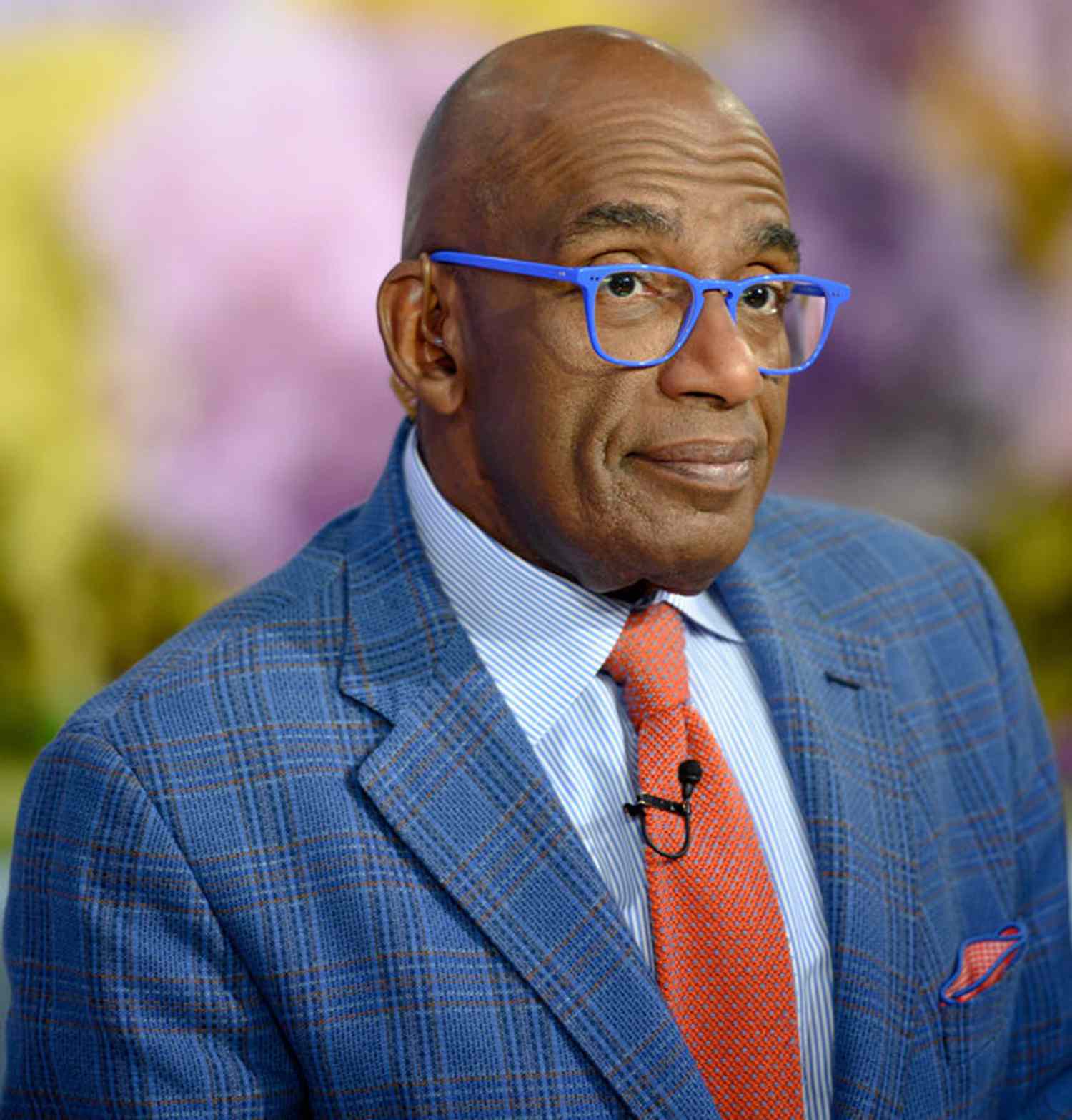Al Roker and his doctors are sharing more about the Today weatherman and co-host’s prostate cancer, which Roker said is “a little aggressive.”
Next week, Roker will undergo surgery to remove his prostate, an option he and his doctor agreed on because his form of cancer is more severe.
"Not all prostate cancers are the same. They differ in terms of aggressiveness, in terms of the extent,” Roker’s surgeon, Dr. Vincent Laudone from Memorial Sloan-Kettering Cancer Center, said on Today. “For many men with what we call low-risk or non-aggressive prostate cancer, active monitoring, or what we call active surveillance may be the best choice. Unfortunately in your case, your cancer was a little bit more aggressive, so we recommended treatment.”
The surgery will take three hours, Laudone said, and typically requires just one night in the hospital. After going home, Roker should expect four to six weeks of recovery.
“Of course, along the way we’ll be monitoring him carefully and helping him with that recovery,” Laudone said. “But he’s done a lot of the things he needs to do already. Al’s got himself in good shape, he’s well-prepared both mentally and physically for this, and that makes a huge difference.”

Prostate cancer develops in the prostate gland and forms slowly, according to the Mayo Clinic. It typically has no symptoms at the beginning, though in advanced cases men can have trouble urinating, experience pain in their hips and back, have erectile dysfunction and find blood in their urine or semen.
Though Roker’s case is more “aggressive,” he caught it early, before it could spread outside the prostate gland, through a screening. Roker said he wanted to share his diagnosis in part to remind other men, particularly Black men, who are twice as likely to die from prostate cancer, to get checked.
“There is screening for prostate cancer, and screening saves lives,” said Dr. Carol Brown, a cancer surgeon and the chief health equity officer at Memorial Sloan-Kettering Hospital who was also interview on Today. Brown explained that all men, but particularly Black men, should start their screening earlier than what the American Cancer Society currently recommends.
“For African-American men, because they’re at a higher risk, and they’re at a higher risk of having a more aggressive type of cancer, no matter what their family history they should really talk to their physician about starting screening at age 40, and for all men it should be between the age of 40 and 45,” she said.
Brown explained that cancer researchers do not know exactly why African-American men are at a higher risk of prostate cancer, there are large studies currently ongoing to understand the differences.
“We’re learning that with prostate cancer and many other cancers, it actually probably isn’t all about access, and there probably are some differences in the biology in the type of cancer that African-American men get,” she said. “We really think that the answer partially lies in the tumor, and it can be the effect of stress and the environment on the cancer genes that is causing this worse outcome in African-American men.”
Source: Read Full Article
